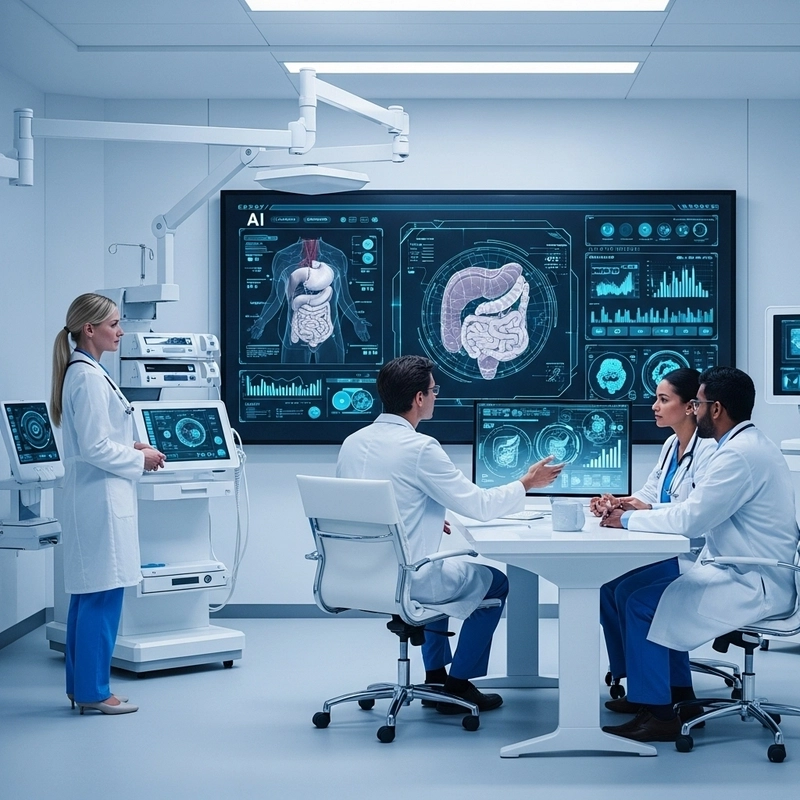The AI narrative has rapidly matured beyond the initial buzz of large language models like ChatGPT. While impressive, the real breakthroughs now lie in specialized AI and machine learning applications that are delivering tangible, life-changing results — especially in healthcare.
For years, AI in healthcare was largely theoretical or confined to research labs. Today, it’s powering real clinical transformations — from diagnostics to drug discovery to personalized medicine. Here’s how it’s reshaping the future of care:
1. Precision Diagnostics and Early Detection
AI is unmatched in processing vast medical datasets — from MRI scans and genomic sequences to pathology slides.
Radiology & Pathology: AI aids experts by spotting subtle anomalies, enabling earlier detection of cancers, neurological conditions, and more. This leads to faster, more accurate diagnoses.
Predictive Analytics: ML models predict future risks based on history, genetics, and lifestyle, allowing personalized prevention plans.
2. Accelerating Drug Discovery
Drug development is costly and slow — but AI is changing that.
Target Identification: AI rapidly finds therapeutic targets from biological data.
Generative AI for Molecule Design: New molecules are being designed virtually, predicting effectiveness and side effects — saving time and cost.
Trial Optimization: ML streamlines patient recruitment and improves trial design, increasing success rates.
3. Personalized Treatment & Patient Monitoring
AI enables truly individualized care:
Tailored Therapies: Treatment plans based on genetics, history, and wearable health data.
Remote Monitoring: AI tracks patients in real-time, detecting anomalies and notifying doctors — improving chronic care and recovery outcomes.
4. Streamlining Operations and Reducing Burnout
AI isn’t just clinical — it’s operational too.
Workflow Automation: From scheduling to billing, AI cuts admin tasks.
Resource Optimization: ML models forecast patient flow, optimize staffing, and reduce wait times.
The Road Ahead
Challenges like privacy, bias, regulation, and trust remain. But the trajectory is undeniable: AI is becoming a core pillar of modern healthcare, making it more personalized, predictive, and efficient.
💬 What real-world AI applications in healthcare inspire or concern you? Share your thoughts in the comments!



Top comments (0)
Some comments may only be visible to logged-in visitors. Sign in to view all comments.